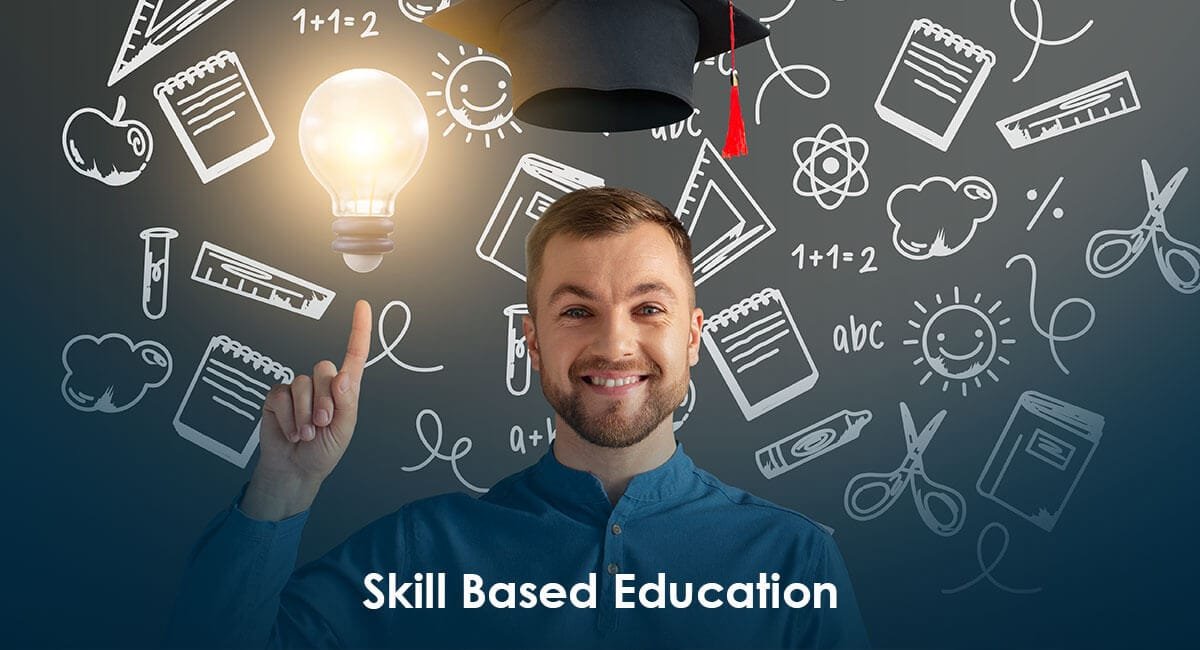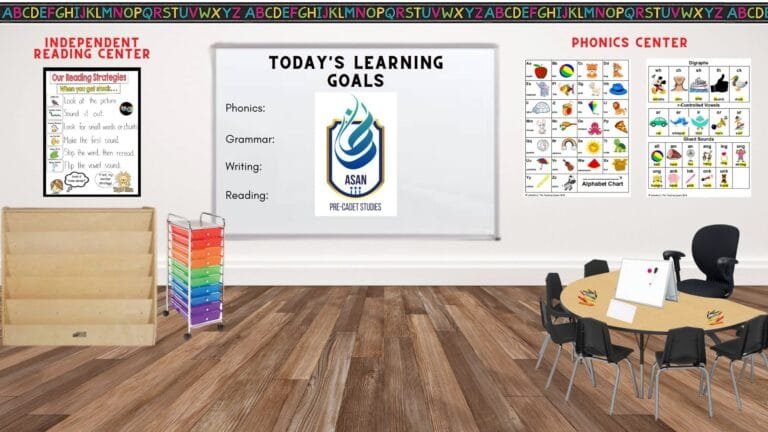The Rise of Skills-Based Education: Empowering Future-Ready Learners
In an ever-evolving world, where technology and job markets shift rapidly, traditional educational models are increasingly being questioned. One approach gaining significant traction is skills-based education. Rather than focusing solely on theoretical knowledge or standardised curricula, skills-based learning emphasises the development of real-world abilities that students can directly apply in their careers and daily lives.
What is Skills-Based Education?
Skills-based education is a learner-centric approach that priorities the acquisition of specific competencies over the completion of set time frames or academic requirements. It centres on practical knowledge, critical thinking, creativity, problem-solving, and collaboration—skills that are essential in today’s dynamic professional landscape.
Why Is It Important?
Employers across industries consistently report a gap between what graduates know and what they can actually do. Skills-based education bridges this gap by aligning learning outcomes with industry needs. Students are encouraged to demonstrate mastery of tasks and concepts through projects, simulations, and hands-on experiences rather than just exams or papers.
Benefits of Skills-Based Education
There are several key advantages to this educational approach:
- Career Readiness: Learners develop job-relevant skills that are immediately applicable.
- Personalised Learning: Students can progress at their own pace, focusing on areas where they need improvement.
- Increased Engagement: Practical applications and real-life contexts make learning more meaningful and motivating.
- Lifelong Learning: This model fosters adaptability and encourages continuous development, vital in a rapidly changing world.
Skills in Focus
Skills-based programs often emphasise both technical and soft skills. These might include:
- Digital literacy and data analysis
- Communication and teamwork
- Project management
- Critical thinking and decision-making
- Entrepreneurship and innovation
The Future of Education
As technology reshapes industries and job roles, education must evolve too. Schools, colleges, and training institutes are beginning to integrate skills-based models, often supported by digital platforms and AI tools that offer personalised feedback and adaptive learning paths. Governments and employers are also investing in this shift, recognising the need for a workforce that is agile, skilled, and future-ready.
In conclusion, skills-based education is more than a trend—it’s a trans-formative approach that prepares learners not just to succeed in exams, but to thrive in life. By prioritising what students can do over what they know, we pave the way for a more competent, confident, and capable generation.






